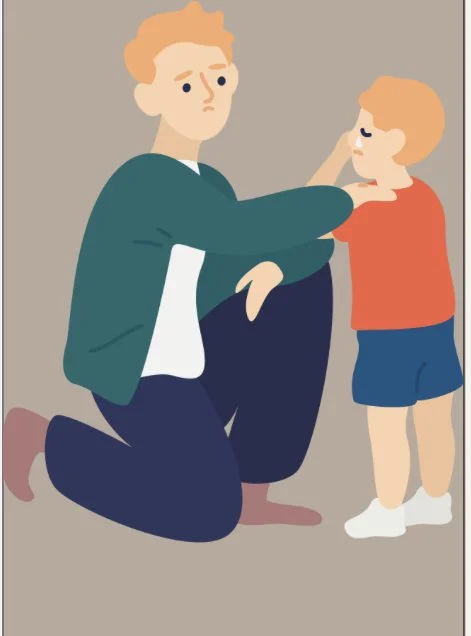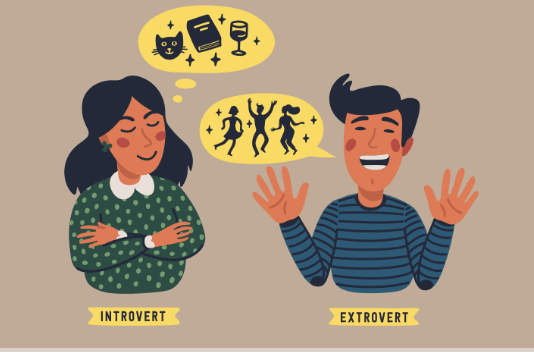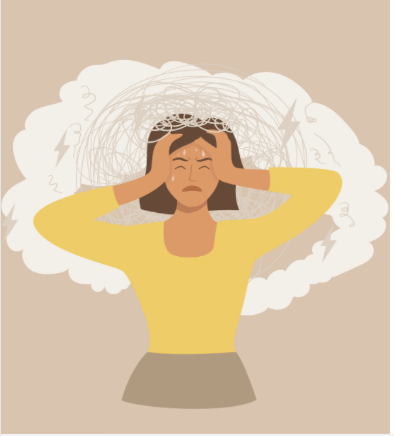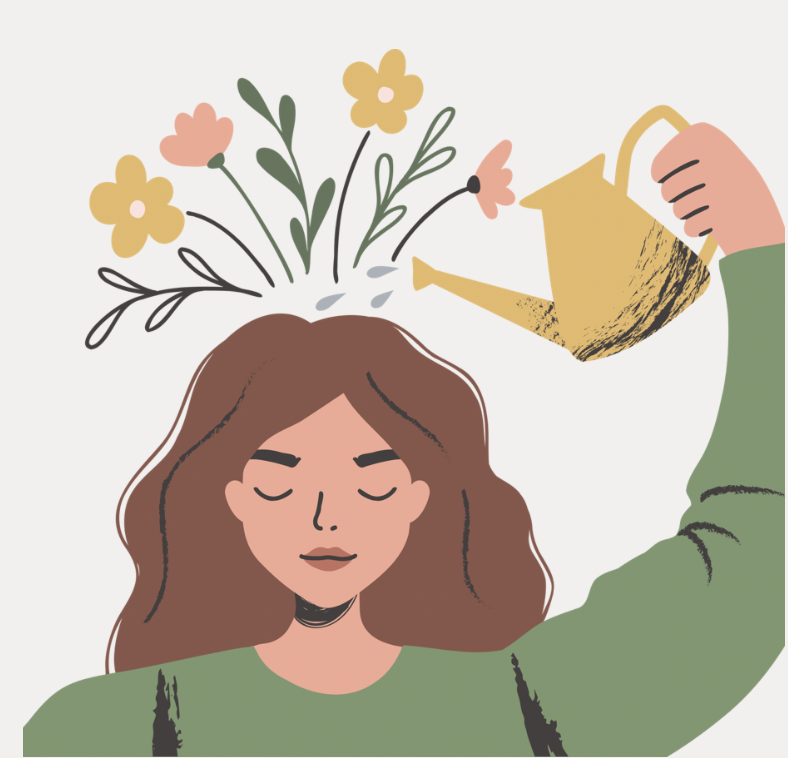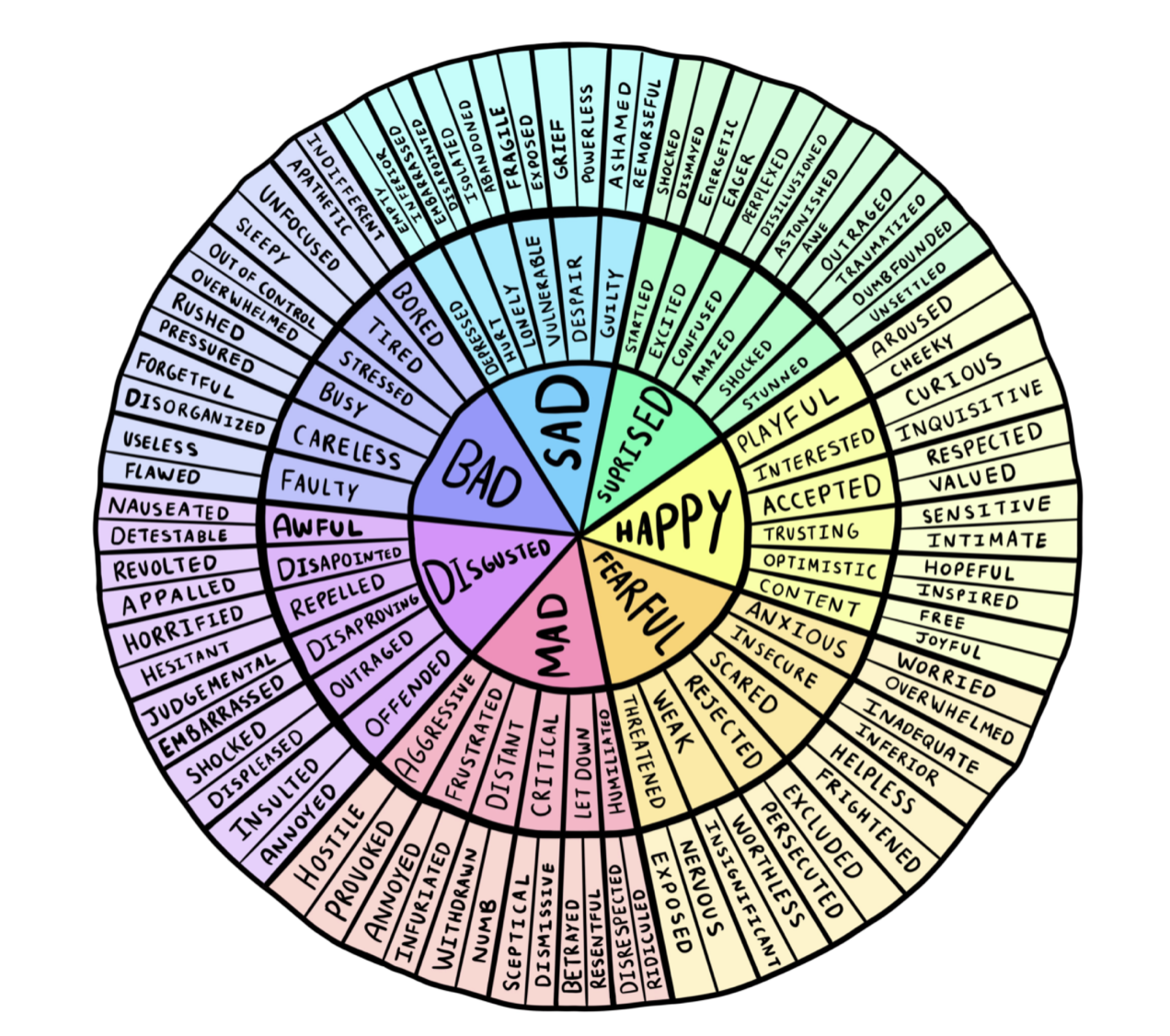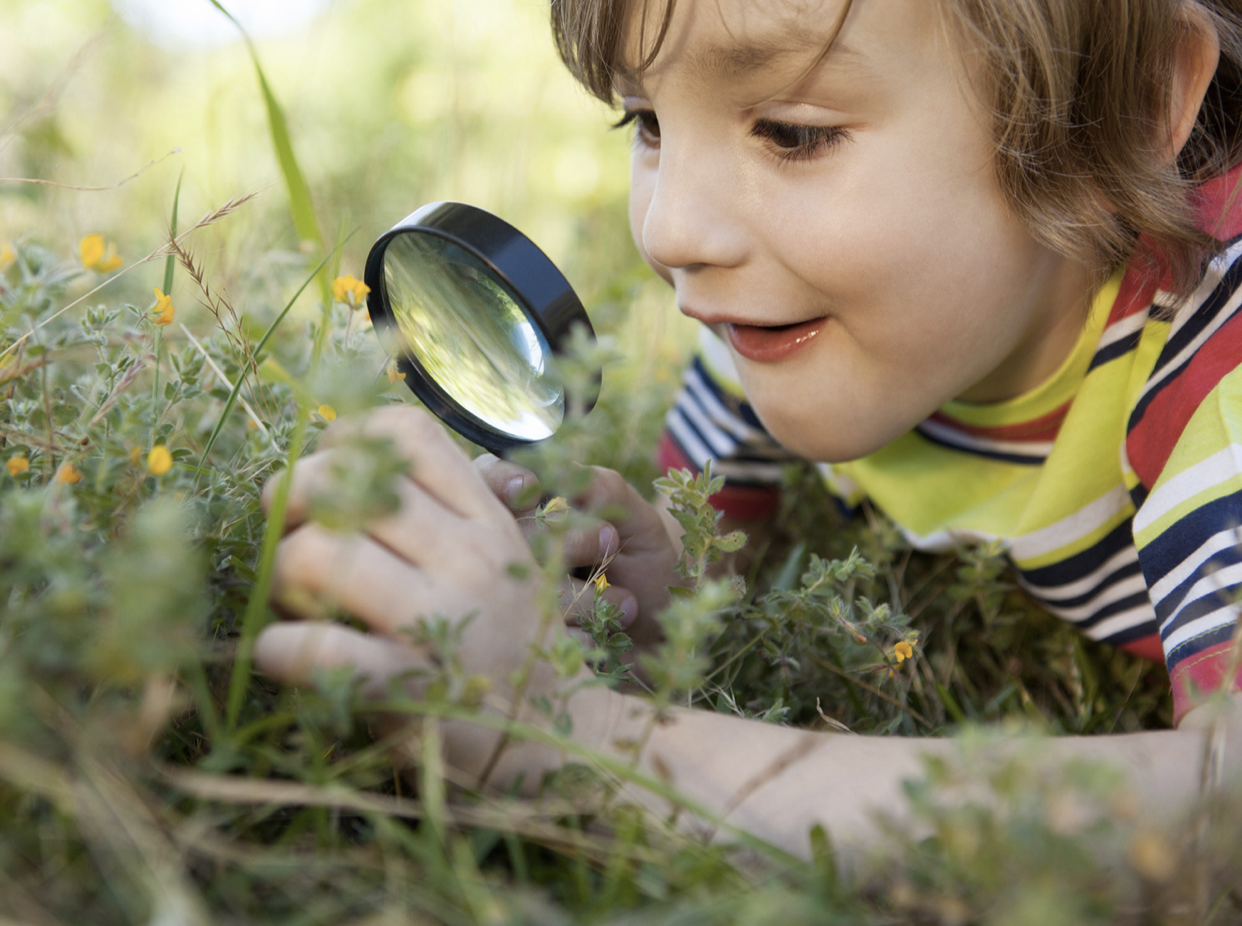
OUR BLOG
Entering Your Growth Era by Cat Gouge
I recently had a conversation with a client who had willingly moved out of her comfort zone in a major way. What stood out to me during our talk was the speed at which she was achieving her goals – not in spite of the challenges, but because of them. She had accepted the discomfort that came along with growth and used it to motivate herself towards what she wanted.
What’s that Shadow? By Kaylee Finlay
As October arrives and Halloween decorations begin to adorn our surroundings, we often find ourselves scanning for the eerie figures lurking in the shadows. But have you ever considered turning your gaze inward to confront the shadows within?
Simplistic Happiness By Madison Reed
So often I feel as if we categorize our friends, family, and strangers into two categories: Happy and Unhappy. The thing is so many things go into happiness that are beyond our control; family, environment, mental disorders, health, and just overall the cards we are dealt. It can be so hard to look at happy people and not think that they might just be luckier than you. I'm here to tell you that you might not be able to control any of the things above, but the thing is you can control your perspective. Stop putting stock in the idea that you will be happy when some big thing occurs.
Co-Regulation - a Key to Navigating Meltdowns - with Kids By Katie Paro
When we talk about dysregulation - or meltdowns - with kids, the focus tends to be on coping strategies or calming skills for kids. This is absolutely an important part - but a crucial piece of the puzzle that often gets overlooked is our own ability to self-regulate, which facilitates co-regulation for kids.
Less is More by Caroline Graves Lowe
Recently I was browsing the “New Releases” section on Netflix, and one show in particular caught my eye: “Live to 100: Secrets of the Blue Zones”. The mini docuseries follows explorer, author, and researcher, Dan Buettner, around the world to 5 different areas called the Blue Zones. These areas possess a concentrated population of centenarians (those who have lived 100+ years). The beautiful common denominator to these “blue zones” is that the people don’t just live longer, they report living happier and healthier lives. But how?
What Introversion and Extroversion Really Are (And Aren’t)! By Kiki Leonard
So often, we equate introversion with being shy and extroversion with being outgoing. It’s an easy mistake to make, but really, intro/extroversion are not about how we interact with the world, but rather about how we recharge. Let’s dive into these terms a little more.
You Deserve Your Kindness By Zack McMaster
Compassion is having sympathetic understanding and concern for someone who is suffering. When you hear about compassion, it is often about having compassion for others. Having compassion for others is a good thing. As a social aspect, it allows for individuals to care for and assist each other on a deeper level. Compassion is a motivator to help and support others during times of struggle. You can have compassion for someone else when they are suffering, they have made a mistake, or they did not achieve what they set out to do. But what happens when you are suffering, have made a mistake, or did not reach your goal?
Stress: Can’t I Just Ignore You? (Why Stress May Not Be The Best Thing to Suppress) By Nina Hemphill
Stress - a word we all know well. Also a word almost all of us dread. There’s different kinds of stress; the kind that makes us feel a bit sparkly with excitement and happiness when something good happens (also known as eustress), and the kind that makes us want to crawl in bed and nap for the next millenia (more commonly known as distress).
Snoozing vs. Rejuvenating: Unraveling the Quirky Truth Behind Sleep and Rest By Abby Doubell
Hey, sleepyheads and rest warriors! Welcome to this funky blog where we'll be diving deep into the wacky world of zzz's and zen. Yes, we're talking about the difference between sleep and rest - because, you know, they're not quite the same!
What’s a Glimmer?: Moving Beyond Just Triggers By Lauren Buice
Picture yourself on a hike and imagine these two scenarios:
You only focus on the tree roots tripping you up, constantly check over your shoulder for bears, and are highly aware of the burning sensation in your legs as you go up a steep incline.
OR
You know to watch out for obstacles, but you also take time to look around at the breathtaking view, listen to the sound of chirping birds, and relish the feeling of the sun on your skin.
Now, ask yourself- which of these hikes would you rather be on? And which one are you on currently in your life?
The Brain & Body approach to Healing By: Monica Van Deventer
As I have been expanding my knowledge, interests, and expertise in my therapeutic practice, I have become more intrigued by the power of giving attention to our bodies for deeper healing. Our body is a complex and beautiful vessel. And don’t get me started on our brain. Our brain has 86 BILLION neurons. Our brain is like the vast ocean, so much undiscovered and yet completely intriguing. As more empirical studies are coming out, we are seeing the power behind the mind body connection.
The Act of Grieving By: Catherine Gouge
Throughout this past year, I have been surrounded by stories of death – a loved one’s tragic car wreck, a friend’s miscarriage, a spiritual mentor’s lost battle with cancer… I, unfortunately, could go on. These sorrows range from the near to the far in my social sphere and their collective weight is heavy. Together, they bring into focus the question of loss and how we navigate the suffering left in its wake.
Empaths and Highly Sensitive People (HSP)
There has been a lot of recent buzz around Empaths and Highly Sensitive People (HSP). As practitioners we see so many clients come to therapy not knowing that they themselves are likely either or both, especially children. Yet, many people find themselves in situations or relationships where they are keenly attuned to their environment, other’s feelings more than their own and a high sense of knowing what to be aware of or alert to. Now, this doesn't sound like it would present many issues that would need therapy, right? However, as we learn more and more about nervous system regulation, childhood development and our cognitive faculties we see the wonder and intuitive heighteness that Empaths and HSP truly are matched for, but also the difficulties people and children with these abilities can endure.
Summertime Sadness
For a lot of kids and teens, there is a constant countdown to summer vacation going on in their head. They think of all the fun things they will do when they don’t have homework to worry about, tests to study for, or bedtimes restricting their video game playing. However, for some kids and teens, that countdown to summer is more one of dread- not because they’ll miss the schoolwork, but because they’ll miss the structure and connection school provides.
Unlocking a Deeper Understanding: Let's Talk about Expanding Your Emotional Vocabulary!
Have you ever struggled to find the right words to describe how you're feeling? It's like having a whole range of emotions swirling inside you, but being limited to just a few basic terms like "happy" or "sad." Well, I've got some good news for you – by expanding your feelings vocabulary, you can dive into a whole new world of self-understanding and emotional well-being!
A Starting Point to Emotion Regulation with Kids
Validate the feeling, while also addressing the behavior if needed; this separates the feeling from the behavior – “It’s okay to feel frustrated right now, I totally get that feeling! But I will not let you throw your fork at your brother.”
Kids don’t have these tools until we teach them.
Transitions are HARD – Let’s do it well!
It is May 22nd, and right about now is when you begin to hear the infamous lyrics of the 1972 hard rock hit, “Schools Out” (For Summer). For the kids in grade school and college, they hold onto the hope of these lyrics knowing that summer is just around the corner. To them summer is a reset, it is the land of opportunity, it is relaxing as they are blissfully unaware that 2.5 months flies by in the blink of an eye. For your kids, they began transitioning into summer after spring break and I am sure it is apparent in their lack of motivation and jittery attitude for school to JUST END. While summer looks like a glimmer of hope on the horizon for fun and adventure, I hear all too often from parents that it is a hard transition and one that they have mixed feelings about, both positive and negative. Not to mention the transition back into school come fall…but we’ll cross that bridge when we get there!
Showing up for YOU
May is mental health awareness month, but in my view, every month is mental health month! As I reflect on what this means, let me ask you this one question:
"How are you showing up for yourself?"
10 Things Your Teen Wishes You Knew
Have you ever felt like you have no idea what your teenager wants from you, and everytime you take a shot in the dark you mess it up? You’re not alone. My job when working with teens is often to become a sort of translator between them and their parents. What I find most often is that teens and parents are trying to express alot of the same things, but that they’re speaking two completely different languages.
Egocentrism and How It Affects Childrens Interpretations
Egocentrism is when a person is only able view the world through their own perspective. They are only able to to think about how they feel and think. Typically (not always) around age 7 is when children are able to understand other’s have different thoughts and feelings. (Some children are free of this concept earlier than 7 while there are adults that never grow out of this concept). With this being said, children are the most wonderful observers but terrible interpreters. This means they are always observing but not always interpreting correctly AND because of EGOCENTRISM they are most likely internalizing (believing it has to do with them/direct their feelings inside). For example: Not speaking about a parent moving out of the house could lead a child to feel that it was their fault that parents left. Afterall, they truly believe everyone thinks and





